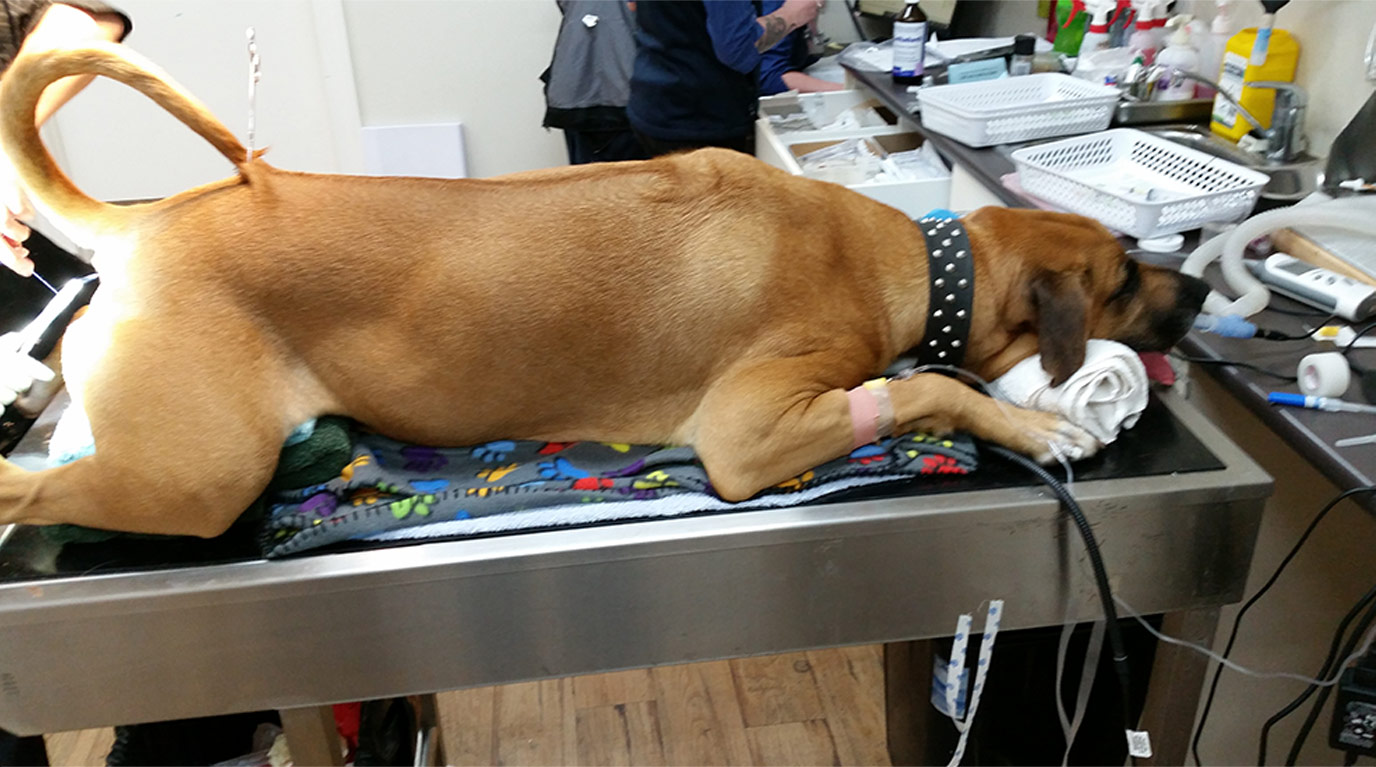Anal gland tumors in dogs refers to abnormal growths affecting the anal glands, causing discomfort and potential health issues for our canine companions. Learning about this condition and its management is crucial for ensuring the well-being of affected dogs.
What are Anal Gland Tumors in Dogs?
Anal gland tumors in dogs are growths that develop in or around the anal glands. These tumors can be benign or malignant, causing symptoms such as swelling near the anus, difficulty defecating, scooting, licking the anal area excessively, or visible masses around the rectum.
Types and Symptoms of Anal Gland Tumors
Benign Tumors: These growths are non-cancerous and may cause discomfort or blockage of the anal glands.
Malignant Tumors: These are cancerous growths that can spread to nearby tissues or organs, leading to more severe health issues.
Diagnosing Anal Gland Tumors in Dogs
Veterinarians diagnose anal gland tumors in dogs through physical examinations, analyzing symptoms, and may confirm the presence of a tumor through fine needle aspirates or biopsies. Imaging tests like ultrasounds or X-rays may be used to determine the extent of the tumor.
Anal Gland Tumors in Dogs: Treatment Approaches
- Surgical Removal: The primary treatment involves surgical removal of the tumor and, in some cases, the affected anal glands.
- Chemotherapy or Radiation: In instances where the tumor is malignant or has spread, additional treatments like chemotherapy or radiation therapy may be recommended.
Recommended:
- Petco Review: The Power of Together
- PetSmart Review: Where Pets Inspire Us
- Hill’s Pet Nutrition Review: Pioneering Pet Health and Nutrition
- Royal Canine Review: Tailored Nutrition for Every Pet
- Chewy Review: Pet Care at Your Doorstep
Recovery and Post-Treatment Care
- Pain Management: Dogs might require pain relief medications post-surgery.
- Monitoring: Regular follow-ups with the veterinarian to monitor recovery and check for any recurrence or new growths.
Managing Anal Gland Tumors in Dogs at Home
- Dietary Changes: A high-fiber diet may help prevent future anal gland issues.
- Regular Anal Gland Expression: Some dogs prone to anal gland problems may require regular expression by a veterinarian or groomer.
Conclusion: Supporting Dogs with Anal Gland Tumors
Understanding the signs, diagnosis, and available treatments for anal gland tumors in dogs is crucial for pet owners. With prompt veterinary care, appropriate treatments, and diligent post-operative care, dogs affected by this condition can often recover well and enjoy a good quality of life.
References:
- American College of Veterinary Surgeons – “Anal Sac Tumors in Dogs.” ACVS provides insights into the diagnosis and management of anal gland tumors in dogs.
- VCA Hospitals – “Anal Sac Tumors in Dogs.” VCA hospitals offer information on symptoms and treatment options for anal gland tumors in dogs.


